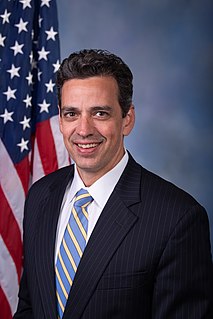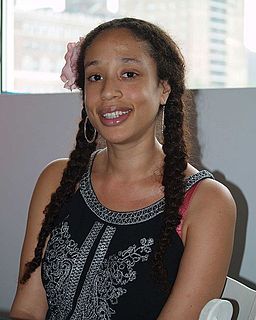A Quote by Sasheer Zamata
There's such a rich history in 'SNL' of political humor, and I think audience members expect that from us.
Related Quotes
I wasn't able to articulate it until after audience members gave feedback. And then, similarly, when we talked about the bromance being unique, I don't think Mark, Jay, and I really saw how special that aspect of that bromance was until our audience members sort of gave us feedback and let us know, "Hey, we've never seen a bromance like this before on television."
The constitution of human nature" teaches us not to expect "that the persons, entrusted with the administration of the affairs of the particular members of a confederacy, will at all times be ready, with perfect good humor, and an unbiased regard to the public weal, to execute the resolutions of decrees of the general authority." "This tendency is not difficult to be accounted for," Publius argues, "It has its origin in the love of power.
There are people with an explicit political bent complaining about people having political agendas while nominating stories with political agendas. Is it political to try to be diverse? Is it political to try to imagine a non-heteronormative society? Yes, because it involves politics. But how do they expect us to not write about our lives?
Humor and laughter are not necessarily the same thing. Humor permits us to see into life from a fresh and gracious perspective. We learn to take ourselves more lightly in the presence of good humor. Humor gives us the strength to bear what cannot be changed, and the sight to see the human under the pompous.



































